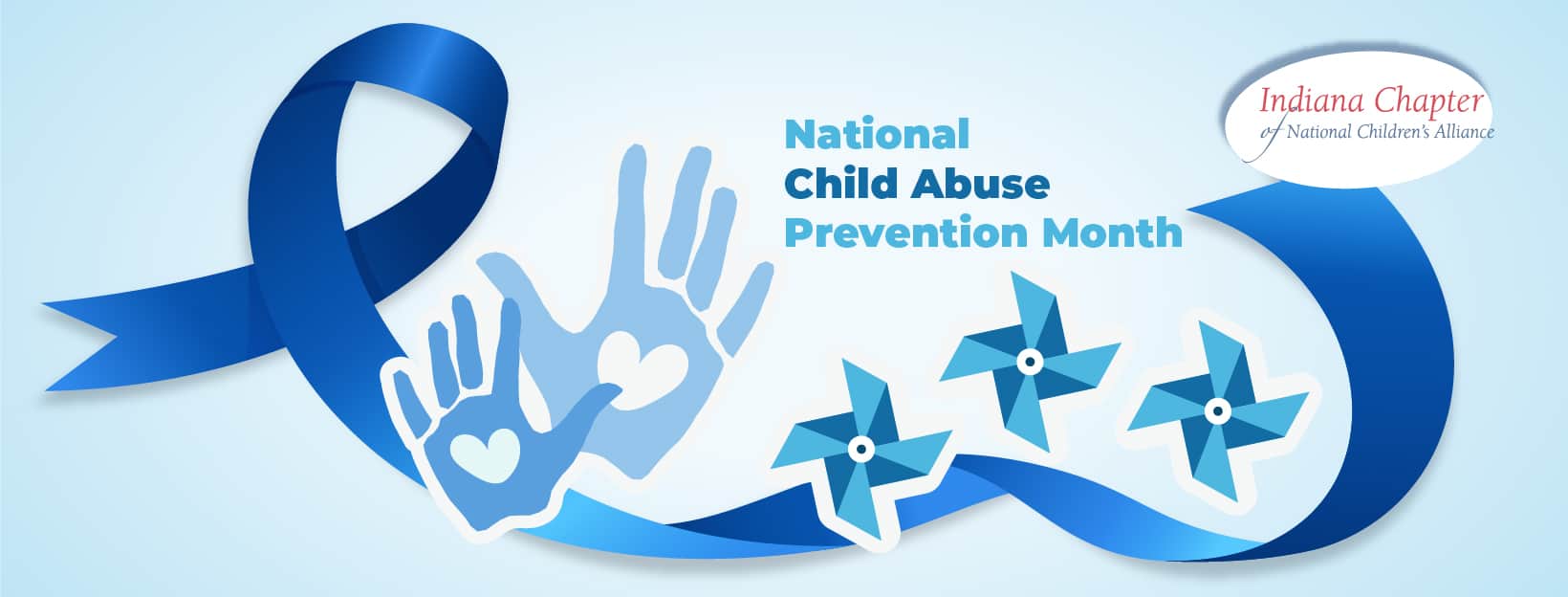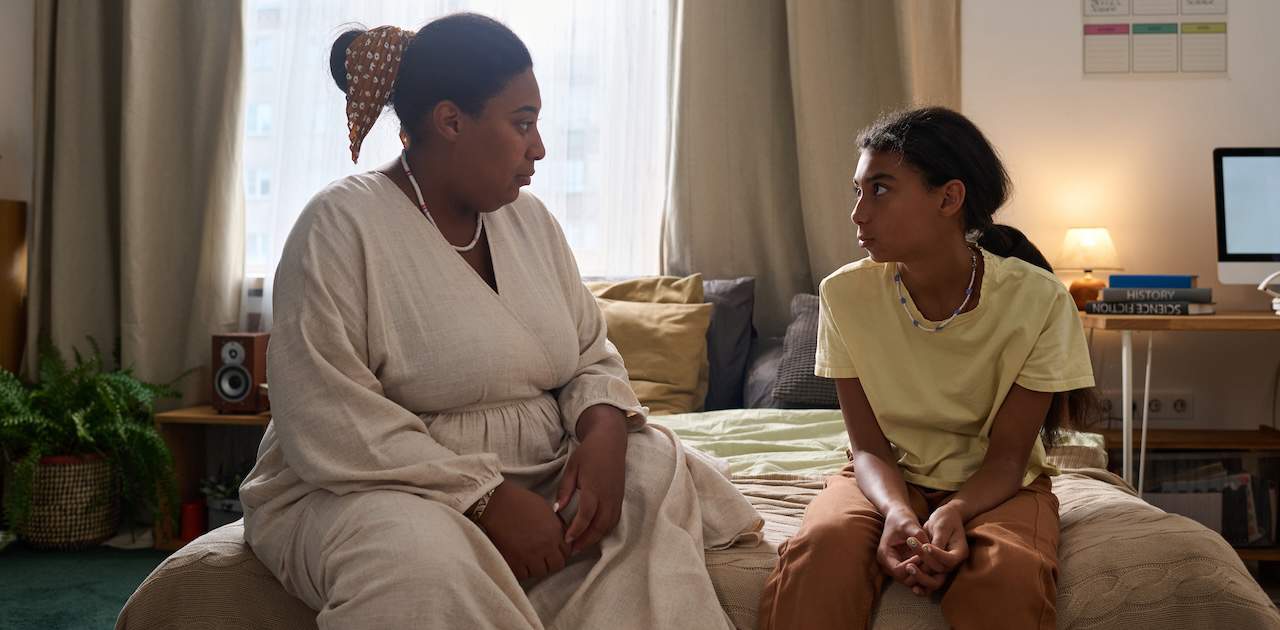Can AI prevent child abuse? Here’s what happens when a child asks ChatGPT for help with abuse
Ask ChatGPT, “Am I being abused?” And the response it generates includes a colorful list of emojis alongside five broad factors that are considered abusive: Each section contains 3–4 bulleted items about what constitutes abuse, like “You feel like you’re always ‘walking on eggshells’ to avoid upsetting them” under emotional abuse. “They monitor your phone, … Read more










